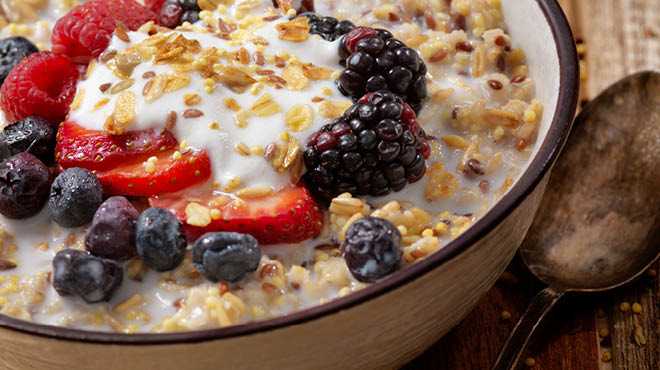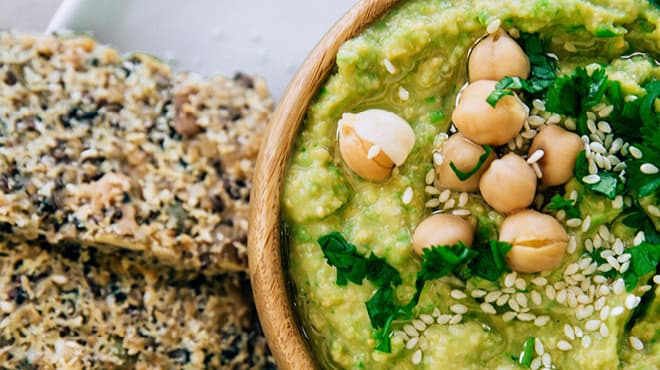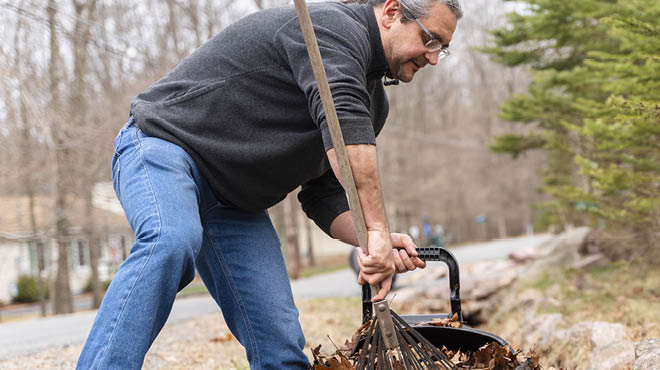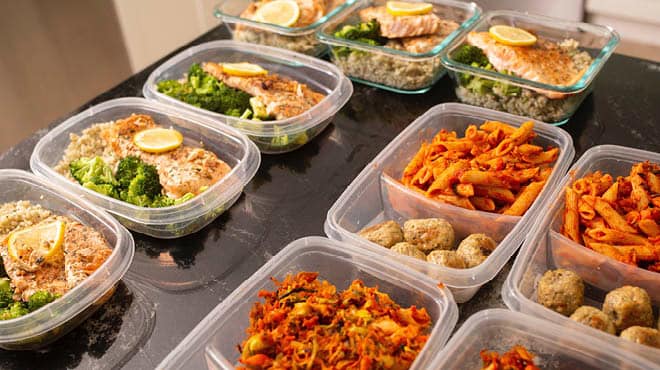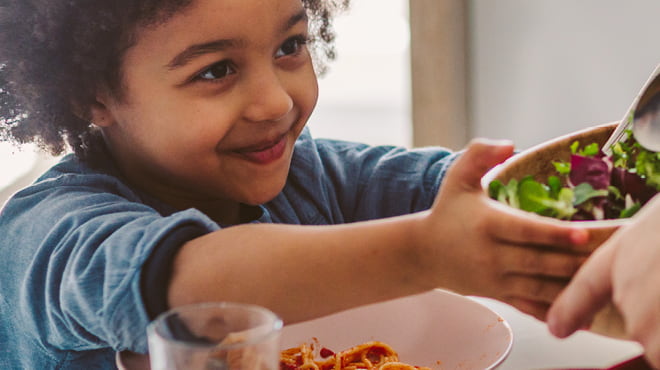Recent Posts
From inflammation to heart health: The perks of pumpkin in your diet

Besides being ideal for jack-o'-lanterns and harvest-themed decorations, pumpkin is great for eating. During the fall, you can find pumpkin-inspired foods everywhere — cereal, yogurt, coffee, lattes, ravioli, pie, cookies, candies, cheesecake and even baking chips.
But when the season changes, don't say farewell to pumpkin. It contains essential nutrients and boasts health benefits ranging from reducing inflammation to helping maintain normal blood pressure.
Reaping the nutritional power of pumpkin
Although pumpkin-flavored items may tempt your taste buds, many are high in sugar, fat and carbohydrates. But did you know that one-half cup of canned, 100% pumpkin provides 4 grams of fiber, virtually no fat and only 40 calories?
Thanks to its deep orange color, pumpkin contains a large amount of beta carotene, which the body converts to vitamin A. Pumpkin also is an excellent direct source of vitamin A — one cup of pumpkin puree provides 238% of the recommended daily intake.
Vitamin A helps preserve vision, fight infections, maintain healthy skin and bones, and regulate cell growth and division. It also may protect against heart disease and some cancers.
Pumpkins also are packed with potassium, which helps muscles contract, regulates body fluids, helps maintain normal blood pressure and balances minerals in the body's cells.
How to make fresh pumpkin recipe ready
Small sugar pumpkins, also known as pie pumpkins, are best for recipes. You can also use larger pumpkins, but don't eat ones that have been carved, since they may contain bacteria and other contaminants.
Pumpkins should be stored in a cool, dark, dry place. With proper storage, they can remain fresh for several months. Pumpkin, when cut into chunks or pureed, also freezes well.
Here's how to prepare pumpkin for cooking and baking throughout the fall and year-round.
To peel a pumpkin, use a sharp knife to:
- Cut off the top, then cut a slice off the bottom so it sits flat.
- Remove slices of the skin from top to bottom in vertical strips.
- Slice the pumpkin in half and remove the seeds and stringy pulp with a large spoon.
- Cut the pumpkin into chunks.
Pumpkin puree can be frozen for up to six months.
To make the puree:
- Steam pumpkin chunks until soft and drain well.
- Use a masher or electric food processor or blender to puree the pumpkin until smooth.
- Drain to remove excess moisture.
You also can use canned, unsweetened 100% pumpkin with no added pumpkin pie spice in your recipes.
Ways to use pumpkin in recipes
Pumpkin can be substituted for winter squash in most recipes. Try these:
- Add canned or mashed cooked pumpkin to pancakes or quick breads.
- Drizzle fresh pumpkin wedges with olive oil, season with salt and pepper, and roast for about 25 minutes at 400 F.
- Fold 1/2 cup pumpkin puree, 2 tablespoons of sugar and 1/2 teaspoon of pumpkin spice into a softened pint of nonfat vanilla ice cream. Refreeze before serving.
- Layer low-fat vanilla yogurt with pumpkin puree and low-fat granola. Top with a pinch of cinnamon and nutmeg.
- Make a special serving bowl for soup, stews, grains and other side dishes. Scoop out a pumpkin, remove the seeds and bake at 350 F until tender. Let cool before filling.
- Stir pumpkin puree into soups, chilies and stews.
How to roast pumpkin seeds
Pumpkin seeds are packed with protein, fiber and minerals such as iron, copper, magnesium, manganese, phosphorous, zinc, potassium, folate, niacin and selenium. They also contain healthy poly- and mono-unsaturated fats. Plus, they make a tasty snack.
Roast and eat them as you would other heart-healthy seeds. Here's how:
- After scooping the pulp and seeds from a pumpkin, separate the seeds from the pulp.
- Place the seeds in a colander and rinse well to remove any pumpkin flesh. Drain and pat dry with a cloth dish towel (they'll stick to paper towels).
- Spread the clean, dry seeds on a baking sheet and bake at 250 F until dry, about 1 hour.
- Toss with olive oil, season with salt, pepper or other flavors and roast at 350 F, tossing occasionally, until golden brown and crisp, about 20 minutes.
Warm up a chilly day with this hearty, flavorful pumpkin soup. Serve it with whole-grain bread, a green salad and sliced, fresh pears for an easy dinner:
Pumpkin soup
By Mayo Clinic
Serves 4
3/4 cup water, divided
1 small onion, chopped
1 can (15 ounces) pumpkin puree
2 cups unsalted vegetable broth
1/2 teaspoon ground cinnamon
1/4 teaspoon ground nutmeg
1 cup fat-free milk
1/8 teaspoon black pepper
1 green onion top, chopped
In a large saucepan, heat 1/4 cup water over medium heat. Add the onion and cook until tender, about 3 minutes. Don't let all the liquid cook off. Add the remaining water, pumpkin, broth, cinnamon and nutmeg. Bring to a boil, reduce heat and simmer for 5 minutes. Stir in the milk and cook until hot. Don't boil. Ladle soup into warmed bowls and garnish with black pepper and green onion tops. Serve immediately.
Nutritional per 1-cup serving: 77 calories, 1 gram total fat, 57 milligrams sodium, 14 grams carbohydrates, 4 grams fiber, 3 grams protein, 0 grams added sugar.
Allie Wergin is a dietitian in Nutrition in New Prague, Minnesota.
